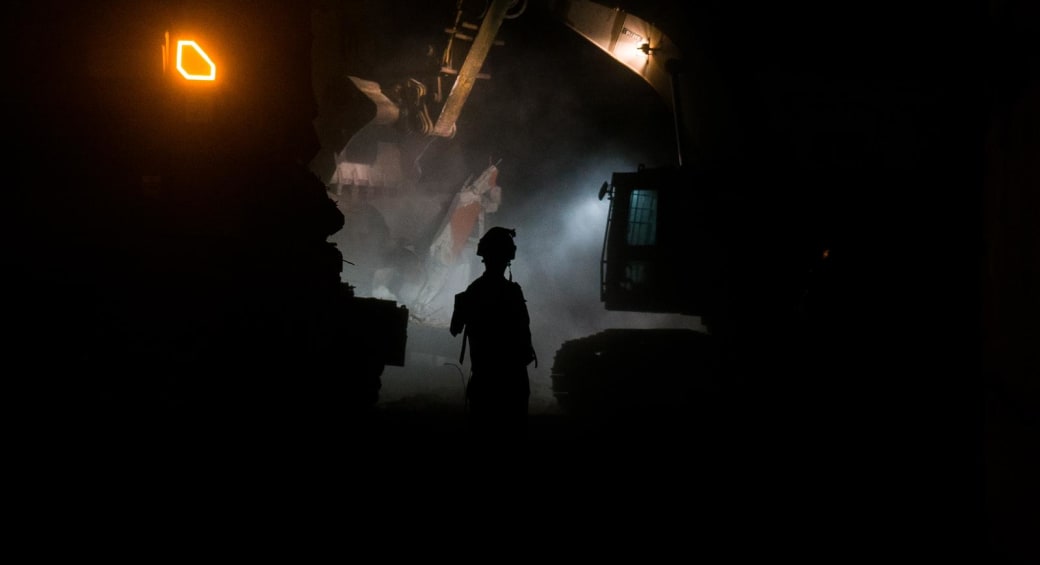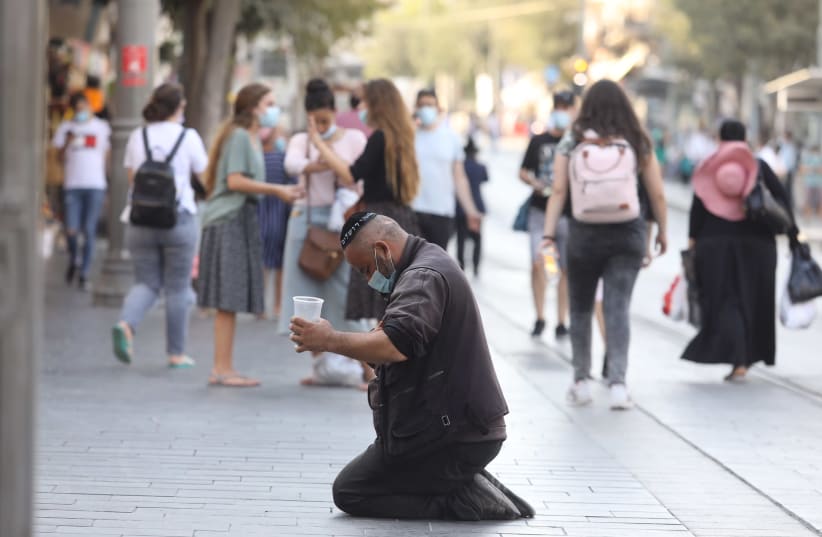Israel-Hamas War - What happened on day 78?
The IDF demolished a massive Hamas tunnel network beneath Gaza City • The UN Security Council passes a resolution intended to help bring more humanitarian aid into the Gaza Strip.


IDF fighter jet assassinates Hamas leader Hassan Atresh
War takes an economic toll on Israeli businesses and employees
With many Israeli businesses working reduced hours or closing during the war, employees losing their jobs or placed on unpaid leave, many have turned to unemployment benefits to help them get by.

The Israel-Hamas war has hit Israeli businesses hard. Safety concerns, reduced consumer demand, and staff shortages caused by a lack of foreign laborers and by employees and owners being called up for reserve military duties have all affected businesses and have left many struggling to maintain operations, with some closing and others working reduced hours.
Since October 7, when the war began, 187,184 Israelis have applied for unemployment benefits, according to the latest figures released by Israel’s National Insurance Institute this week. Of those people, 133,970, or 71.5%, did so after being placed on involuntary unpaid leave by their employers, the data showed.
Some 59% of those who have applied for unemployment benefits since the start of the war are aged 20 to 40, 40% are aged 41 to 67, and the remainder are aged 67 or above.
The institute pointed out that in normal times, it receives about 20,000 applications per month for unemployment benefits, but since Oct. 7, it has received well over 80,000 applications per month.
Christopher Haj, a 24-year-old student who worked as a bartender at the Herbert Samuel Hotel in Jerusalem, told The Media Line he signed up for unemployment benefits after the war significantly affected his work.

Like many other hotels, when the war began, the Herbert Samuel shifted to housing Israelis evacuated from their homes in the south, most of whom could not afford drinks at the hotel bar. The hotel managers reduced drink prices but found operating the bar unprofitable and eventually decided to close it.
“When I went to Human Resources, they gave me the option whether to work as a waiter [in the hotel restaurant] or go on leave,” Haj told The Media Line. “I told them I would rather sign up for unemployment benefits and get paid by the National Insurance Institute.”
New policies for receiving unemployment benefits
Israel’s National Insurance Institute pays unemployment benefits to salaried employees who have resigned, been laid off, or been fired from their jobs. Self-employed people are not eligible. The amount paid is based on the former employee's average salary over the preceding months.
Since the start of the war, the institute has relaxed some requirements, allowing people placed on unpaid leave to register for unemployment benefits after 14 days rather than the previously required 30, and also allowing people to register for benefits after having worked six months out of the preceding 18, rather than the previously required 12 out of 18.
Sara Hussein, a 23-year-old law student now working as a receptionist at Jerusalem's Hadassah Hospital, told The Media Line that before the war she had been working at a store in a Jerusalem mall. When the war broke out, the store reduced its hours significantly and left her with no option but to register for unemployment benefits.
“They told me that I needed to sign up for unemployment benefits because the places were beginning to close early, and they weren’t able to give me any shifts,” she said.
At the peak of the COVID pandemic in 2020, more than 1 million Israelis, 24% of the workforce, were unemployed.
Haj said that during the COVID pandemic, he received far more unemployment benefits than he has been receiving now during the war, as before the pandemic he worked many more hours than he did before the war.
“I can’t go out most of the time like I used to,” Haj said. “I tend to stay in more, and I don’t want to spend money on things I know I don’t need. The money I receive now is a lot less than what I received during the pandemic.”
He also said he was feeling more isolated in his financial situation now, as during the pandemic being out of work was much more common.
Hussein too said she had received more in unemployment benefits during the pandemic than during the current war.
She said that before COVID, she worked at a job that paid NIS 5,000 to 7,000 per month, and during the pandemic, she received NIS 2,000 per month in unemployment benefits. However, before the war, she was working fewer hours and thus was entitled to only 600 shekels per month in unemployment benefits. She said she struggled to pay her expenses especially her tuition fees out of her unemployment benefits.
"That’s when I knew I needed to find a new job ASAP,” she said, adding that this led her to take on her current job at Hadassah Hospital.
Discussions are taking place over ways to compensate other groups affected by the war, including employers and the self-employed, wounded, evacuees, anxiety sufferers, reserve service members, and others.
Lana Ikelan is a recent graduate of the Hebrew University of Jerusalem and an intern in The Media Line’s Press and Policy Student Program.
Go to the full article >>Israel-Hamas War: What you need to know
- Hamas launched a massive attack on October 7, with thousands of terrorists infiltrating from the Gaza border and taking some 240 hostages into Gaza
- Over 1,200 Israelis and foreign nationals were murdered, including over 350 in the Re'im music festival and hundreds of Israeli civilians across Gaza border communities